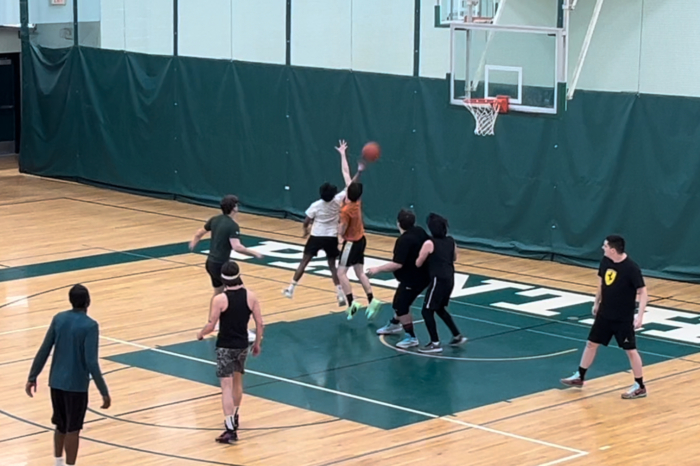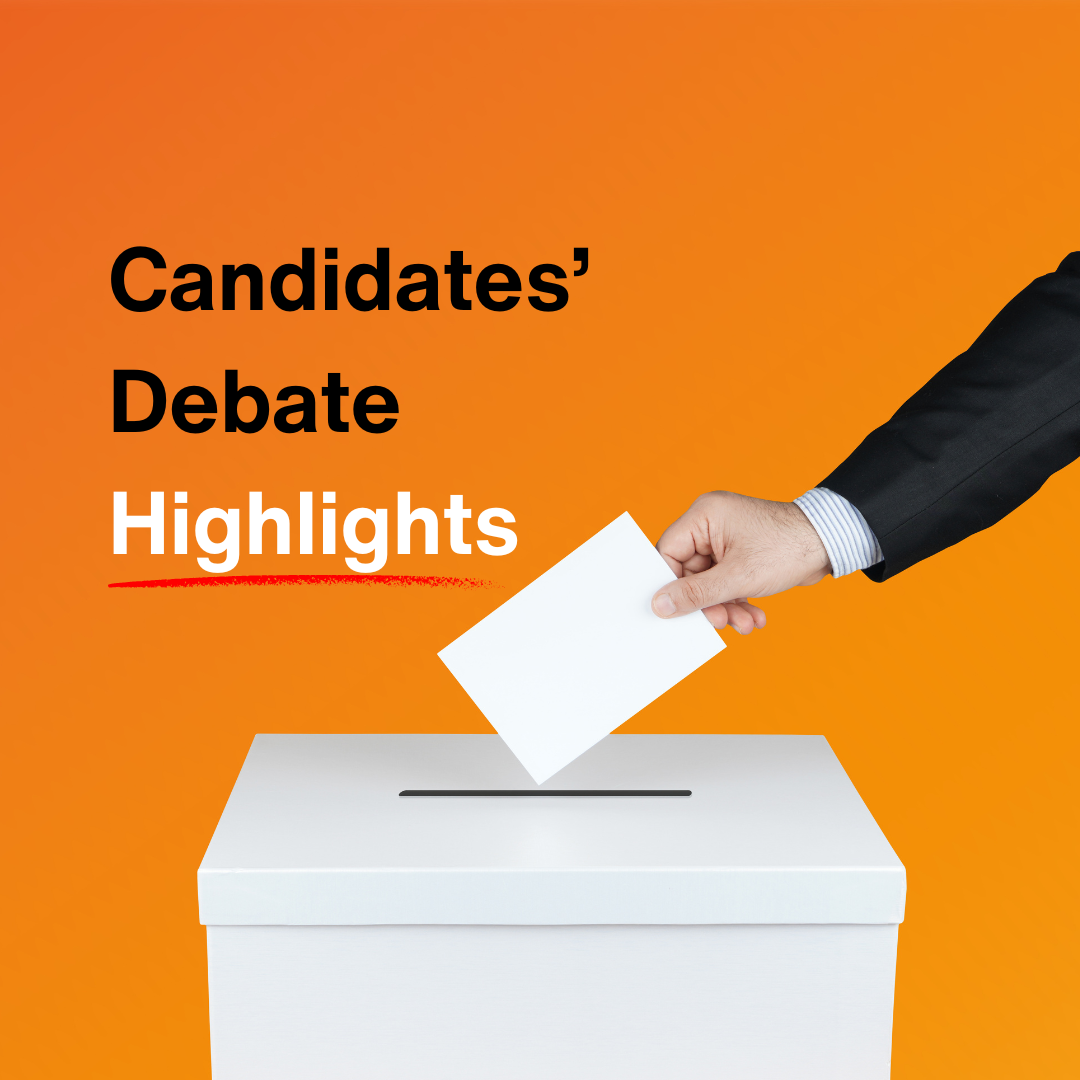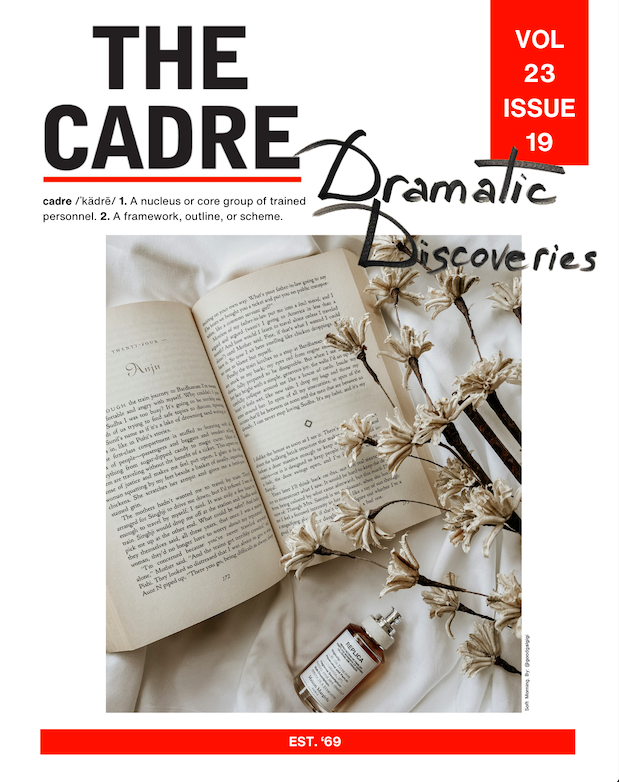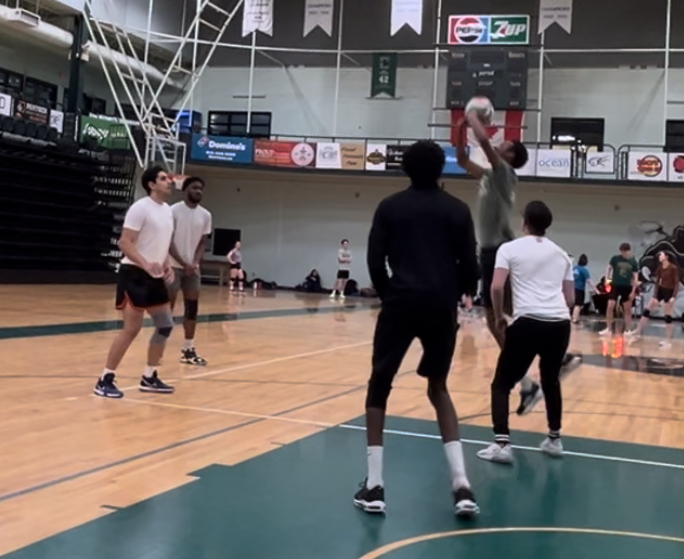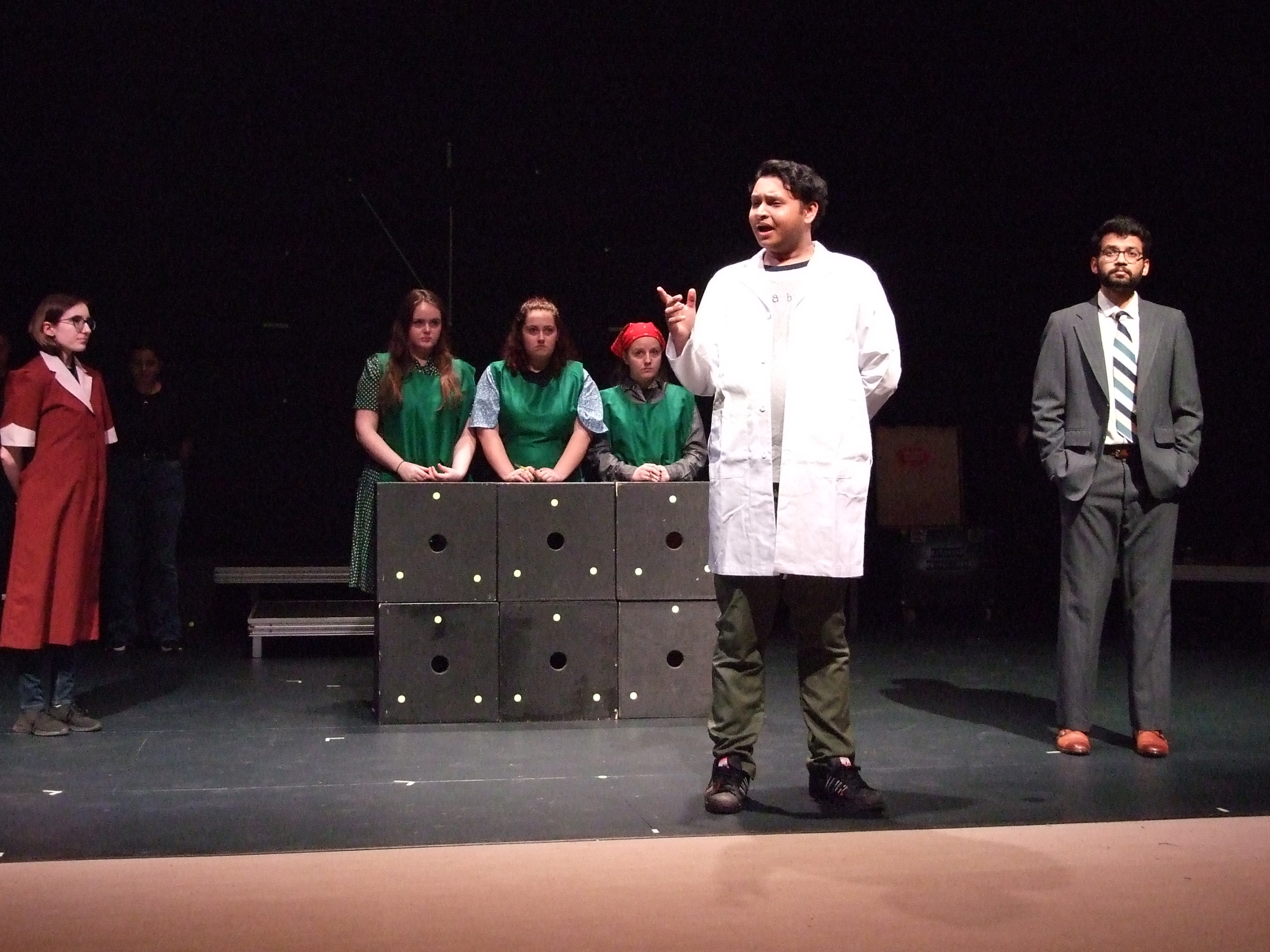Candidates’ Debate Highlights
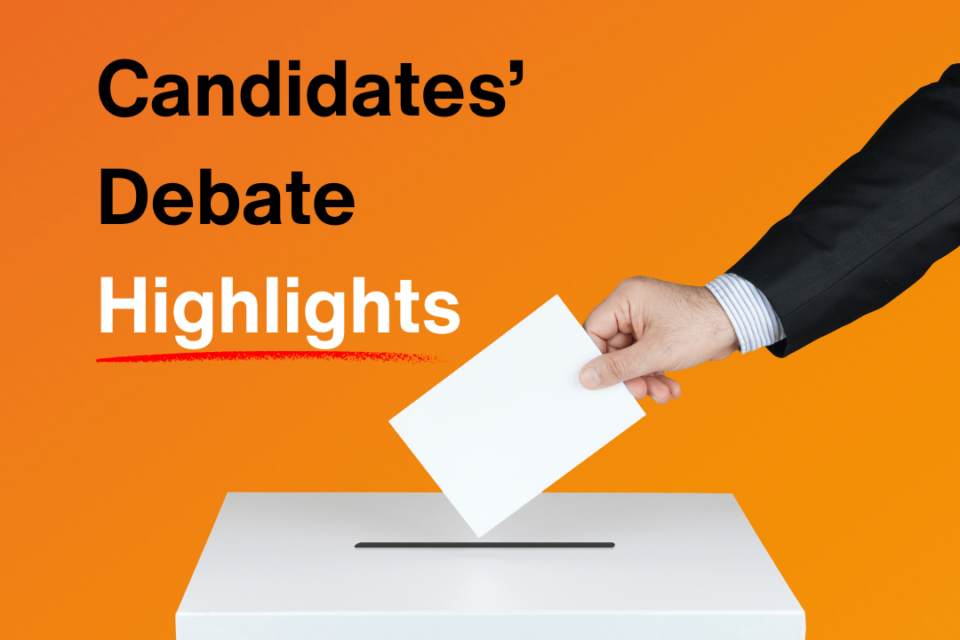
On March 6th, the UPEI SU executive candidate debate took place at the Fox and Crow, hosted by The Cadre. Running for presidency were Divya Daboo, Ibrahim Younis, and George Jiang; Noah Mannolland for VP Academic; Shura Hanna and Shreesh Agarwal for VP External; with Hadiqa Sulman and Ditthi Chatterjee vying for VP Student Life.
The event buzzed with a diverse crowd, including the current SU executive team, UPEI SU council Chair, club leaders, student representatives, and the campus’ most familiar faces. The debate also provided a platform for non-executive council candidates such as Kamran Ashrafi and Mallory Travis, both contending for the Arts Representative position.
Ashrafi outlined key issues like student employment, accessibility services, plagiarism regulations, and parking but left out his plans to tackle them. In contrast, Travis highlighted the scarcity of courses hindering timely graduation and promised to collaborate with the registrar’s office to expand course options. She also vowed to provide free snacks at the Dawson lounge.
The highlight of the evening was the presidential debate, kicked off by Grace Biswas, The Cadre’s Editor in Chief. The three presidential hopefuls introduced themselves, with George leading confidently yet admitting his nervousness, Divya showcasing her linguistic prowess, and Ibrahim acknowledging that the event was taking place on unceded Mi’kmaq territory.
Each candidate faced four general questions designed to gauge their leadership abilities and vision for the university. The night was a blend of heated discussion, ambitious promises, and insightful plans, offering a glimpse into the potential future of UPEI SU.
The candidates were asked four general questions:
- How will you ensure that student voices are heard and taken into account in decision-making processes at the university?
- How would you handle conflicts or disagreements with faculty, administration, or students?
- In what ways do you plan to improve the academic quality and reputation of the university?
- Can you share an example when you took a leadership role and made a positive impact?
In the UPEI SU presidential debate, each candidate presented their unique approach to answering the posed questions.*
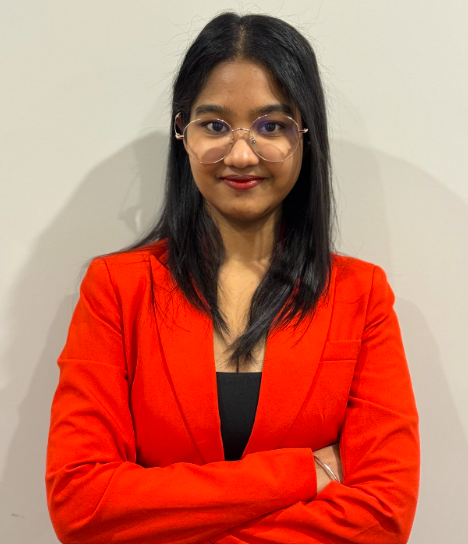 Divya Daboo came prepared, methodically addressing the first two questions. She proposed conducting surveys and mandatory open-door hours to ensure student voices are heard. Her systematic conflict resolution strategy involved identifying conflicts, gathering student input, and working with the executive team to implement solutions. However, she struggled when discussing academic quality, veering towards her no-textbook campaign aimed at easing students’ financial burdens. Instead of leveraging her current VP SL position, she discussed her role at PEERS Alliance in addressing post-secondary educational issues.
Divya Daboo came prepared, methodically addressing the first two questions. She proposed conducting surveys and mandatory open-door hours to ensure student voices are heard. Her systematic conflict resolution strategy involved identifying conflicts, gathering student input, and working with the executive team to implement solutions. However, she struggled when discussing academic quality, veering towards her no-textbook campaign aimed at easing students’ financial burdens. Instead of leveraging her current VP SL position, she discussed her role at PEERS Alliance in addressing post-secondary educational issues.
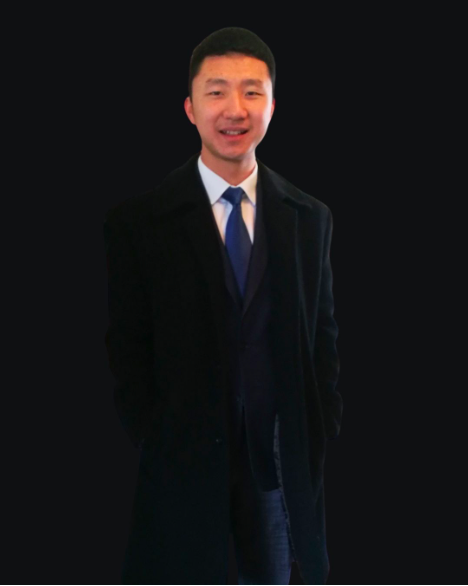 Contrastingly, George Jiang suggested including student council representatives in decision-making, a practice already in place. His response to improving academic quality was unconventional, linking teaching quality to the administration’s salary budget. He didn’t share past leadership experiences but emphasized his understanding of student issues based on personal experiences.
Contrastingly, George Jiang suggested including student council representatives in decision-making, a practice already in place. His response to improving academic quality was unconventional, linking teaching quality to the administration’s salary budget. He didn’t share past leadership experiences but emphasized his understanding of student issues based on personal experiences.
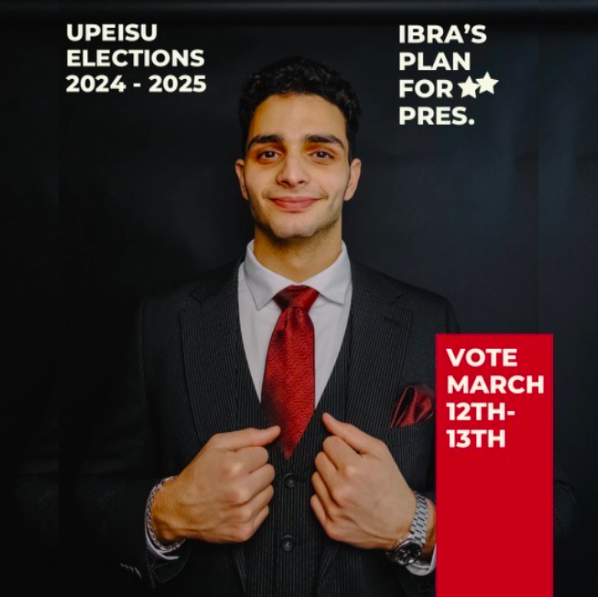 Ibrahim Younis offered diplomatic, inclusive responses. He focused on supporting victims of global tensions while adhering to non-partisan bylaws. He linked his financial literacy campaign to the discussion, emphasizing the need to teach students savings and investment techniques. Ibrahim shared a notable leadership experience where he met with the UPEI President to advocate for students from war-torn nations and successfully raised $20,000 to support a student in need.
Ibrahim Younis offered diplomatic, inclusive responses. He focused on supporting victims of global tensions while adhering to non-partisan bylaws. He linked his financial literacy campaign to the discussion, emphasizing the need to teach students savings and investment techniques. Ibrahim shared a notable leadership experience where he met with the UPEI President to advocate for students from war-torn nations and successfully raised $20,000 to support a student in need.
*Photos of the candidates are taken from the official UPEISU W24 Candidate Bio and Photo document. Photo credits belongs to respected owner.
Following this, candidates faced personalized questions based on their campaign promises.
The presidential candidates were then asked more specific questions personalized to the promises made in their campaigns. A few key responses included:
Divya
- Divya focused on improving existing solutions to the housing crisis, like the homestay program. She was challenged by Ibrahim Younis on her lack of consideration for international students’ rights to buy property in PEI. However, Divya’s response emphasized more on renting homes and not buying.
- One of Divya’s proposed policies was to implement mandatory executive hours, ensuring every executive has time to hear from student. Ibrahim pointed out to Divya that the mandatory office hours are already required by SU by-laws, to which she said she was unaware of. However, after The Cadre fact-check, it was revealed that UPEI Student Union Constitution or Bylaws, do not explicitly state whether executive hours are mandatory.
The UPEI Student Union Constitution states: “the Executive of the Student Union in extraordinary circumstances submits a request to Council to be in less courses than required for a full-time status.” This may imply that there is a significant time commitment involved in an executive role, which could include mandatory office hours.
George
- George struggled to provide details on his promise of building a walking pathway from residence to Blaze Pizza and negotiating student discounts with retail grocery stores.
- He failed to explain how he would reduce prices at the Fox and Crow, a venue already running at a loss, or how to redirect funds for student conference sponsorships.
Ibrahim
- Ibrahim proposed changing the non-partisan by-law to allow the SU to have clear stances on global issues, emphasizing support for victims over oppressors and highlighting the impact of Zionism in Palestine.
- Ibrahim proposed cutting events such as sex toy bingo in order to fund the provision of hygiene products in campus washrooms. This was a key promise in his campaign, but he was unaware that such a program already existed on campus. Rayyan Ramjan, the current VP Finance, informed him about the existing provision of free supplies through donations. Ibrahim suggested hosting awareness campaigns instead. Conversely, Divya argued that incentive-driven events like sex toy bingo are crucial for student engagement in consent awareness.
VP Academic:
The presidential debate concluded with a solo presentation from Noah Mannolland, the only candidate for VP Academic. Noah answered questions concisely and outlined his plans. He emphasized that most initiatives take longer than a year, proudly mentioned finding a loophole to introduce international student senate seats, and expressed a commitment to transparency and regular student communication.
VP External:
Shura Hanna and Shreesh Agarwal, both prominent figures in the student community, debated as VP External candidates. Key points included:
Shreesh:
- Plans to improve existing initiatives with CASA.
- Intends to survey IKERAS professors to develop Truth and Reconciliation programs.
Shura:
- Advocated for food banks and community fridges but lacked a clear implementation strategy.
- Suggested implementing tuition limit caps like those in Nova Scotia and New Brunswick, a point previously raised by Shreesh.
- Defended the $16,000 conference budget as a means to secure funds and external grants.
Shreesh then clarified the conference budget’s proportion to the overall SU budget and highlighted cost-saving measures like online meetings.
VP Student Life:
Only Hadiqa Sulman and Ditthi Chatterjee out of the four VP Student Life candidates attended the debate. Both candidates, being campus life advisors, shared similar views on alcohol promotion/restriction, anonymous suggestion boxes, personalized support for clubs/societies, and the elimination of inactive clubs, with audience questions about defining ‘inactivity.’
However, the duo also had a few differences which provided a competitive edge against each other.
Ditthi:
- Having a podcast run on radio and social media.
- Dedicated, locally developed application for clubs.
- Allocating the VP SL’s $1,000 budget into club funding. However, Hadiqa indirectly pointed out that $1,000 distributed amongst 55 clubs and societies doesn’t benefit as much.
Hadiqa:
- Having career days to allow students to explore other fields of interest especially if students consider changing their major to pursue a different academic goal.
- Host fundraising days for clubs where societies could set up their booth for fundraising as one large-scale event.
With the conclusion of VP Student Life’s debate, the debate finally came to an end.
The event served as a brilliant platform to gain insights on who could be the right candidate for the position based on their approach and priorities to problems around campus.
There was amazing feedback from the audience appreciating The Cadre’s effort in hosting the event. The team was neutral and showed no bias towards one candidate by asking well-rounded questions to everyone in a fair order. The Cadre wishes all the best to all the candidates running for the SU elections.
How and When to Vote: The voting period is from March 12th to 13th, 2024.
During this time, you can visit the myUPEI homepage and look for UPEI Simply voting upei.simplyvoting.com/.
You can log in with your UPEI username (which is your Elector ID) and password to vote for the candidate. You could reach out to the IT Help Desk at: helpdesk@upei.ca if you face any technical difficulties.
The Cadre would highly encourage students to vote to ensure that everyone’s voices are represented at UPEI through the elected SU council and executives.
By: Syed Imran,
Managing Editor
